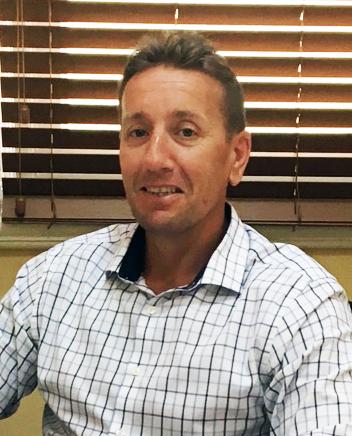Part three of the eight-part UTS:CLG Graduate Paper Series is Colby Farmer's dissertation:
Urban Design Principles for Creating Public Open Space Master Plans and Their Application to Wagga Wagga’s Riverside Precinct

The study aimed:
- To formulate a set of key urban design principles for use in master plans when developing public open space in urban areas
- To interrogate and revise the principles through application to the public open space improvement works at Wagga Wagga Beach and their impacts on revitalisation of the Riverside Precinct in Wagga Wagga
- To put forward a set of recommendations that draw upon these revised principles in order to improve the quality of the master plan and thus public space in Wagga Wagga
- To disseminate the findings of the study as a contribution towards the continued development of Wagga Wagga as a premier Regional City in New South Wales.
The mixed method methodology for the case study included a review of the literature, document analysis, semi-structured in-depth interviews, and field observation of the study site. The comprehensive literature review focused on issues such as public space as an urban regenerator; master planning for public spaces; and public space theory and principles. It suggested that the concept of ‘public space’ is constantly evolving; and that public spaces are critical physical environments that contribute positively to the urban landscape, foster active lifestyles and social interaction and help to shape perspectives that are present in the democratic public.
Literature also suggests that urban renewal and regeneration is necessary for successful revitalisation of an area and that master plans can be used to provide design guidance for areas that are likely to undergo some form of change and regeneration.
Findings from the study suggested that there was value and benefit in:
- Fostering partnerships between local and state governments in the development and realisation of public open space master plans
- Investigating private sector investor opportunities and partnerships
- Creating robust funding models and detailed implementation plans for public open spaces
- Identifying key milestones and events when undertaking a master planning exercise
- Flexibly utilising formal master planning design and urban design principle guidelines.
On the basis of the study, Colby put forward a ‘Checklist for Creating Public Open Space Master Plans’ that could be adopted and refined by local governments throughout the country. It includes consideration of the following principles, and with each of them asks ‘How is this evidenced and achieved? Can this be improved?’:
- Good public open space form
- Promotion of the function of the public open space in its design
- Legibility and permeability of the public open space
- Diversity of use
- Sense of vitality within the public open space
- The concept of ‘meaning’ for and within the public open space
- Promoting accessibility within, through and around the public open space
- Provision of security for users of the public space
Colby also put forward specific recommendations for sustaining and enhancing the Wagga Wagga Riverside Master Plan; recommended that specific training be provided for local government staff on the creating of public open space master plans; and suggested that the NSW Government consider a ‘best practice master planning guideline document’ for use by the local governments within its jurisdiction.
Dissertation summary by Ronald Woods, UTS:CLG Teaching and Research.
More
Read full dissertation: Urban Design Principles for Creating Public Open Space Master Plans and Their Application to Wagga Wagga's Riverside Precinct.pdf
UTS:CLG Graduate Paper Series:
- Part 1 of the UTS:CLG Graduate Paper Series: It’s all in the delivery: An exploratory case study focusing on the Coffs Harbour City Council Delivery Program 2010-2016
- Part 2 of the UTS:CLG Graduate Paper Series: The Challenges of Engaging Communities: Will the Small Rural Voices Be Heard in a Merged Regional Council?

